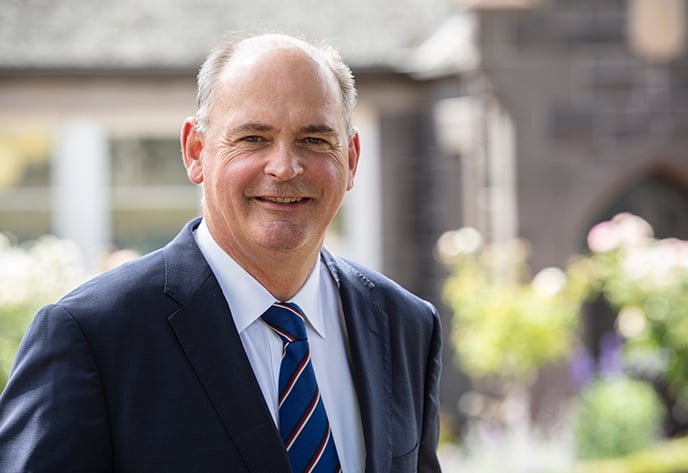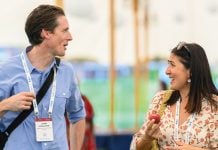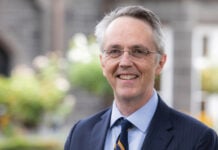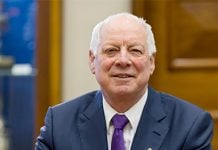The past few months of rapid change and uncertainty have definitely offered our students the opportunity to build resilience. Resilience is important, but it is only part of what we need to truly thrive.
There are times when we need to push beyond the boundaries we are presented with, rather than simply operate within them. When we are able to imagine an entirely new approach to a given challenge, we create big ideas that can reshape our world.
Big ideas are those that transform societies, physical landscapes and our own understanding of ourselves. Some are powerful at a local level, changing the way a workplace or a sporting club operates, or the way we manage our daily routines. Others create broad, even global, transformation. Whether our ideas apply to a whole population or just to the people we’re most familiar with, they redefine who we are.
We want Melbourne Grammar School students to have the capacity and inclination to develop big ideas, following the example of many Old Melburnians before them. These are people who have made significant contributions to our political, legal and financial systems, been responsible for extraordinary scientific and medical breakthroughs, and much more. This is what we want for our students – the confidence and capability to think beyond stereotypes, the norm and the obvious. This website highlights just a few of these Old Melburnians who are shaping our culture and ways of thinking.
Creating an environment where this kind of thinking is natural and expected begins on day one at Melbourne Grammar School. It relies on the work and guidance of skilled teachers who can inspire exploration and creativity. During my time as a Melbourne Grammar student, my teachers fostered interests that became my passions later in life. They also welcomed the hard questions when it came time for me to ask them. Today, our School culture is still defined by staff who value and respect big ideas, some of whom are also included in this edition of Grammar News.
Beyond the classroom, the sense of thoughtful discovery that permeates each campus is encouraged through cocurricular activities. These include debating, our Community Speaker Series, community service and many other tailored academic enrichment programs. Importantly, the notion that our students walk alongside others, not in front or behind, has a role to play. In or outside the classroom, big ideas must be communicated with empathy, patience and understanding.
All these factors are part of building a culture where students can move beyond the predictable to explore the possible. Sustained by the energy of our wonderful students, staff and community, I look forward to seeing how our current generations of students shapes the future of all of us.
Philip Grutzner
Headmaster



